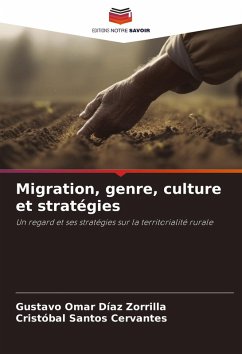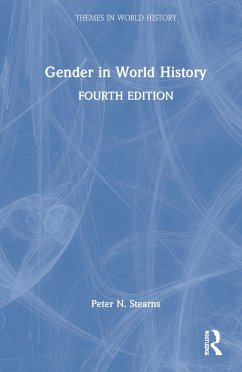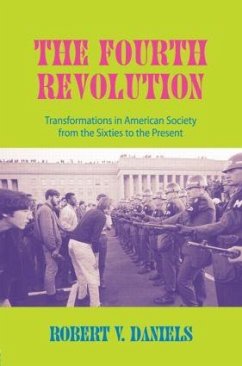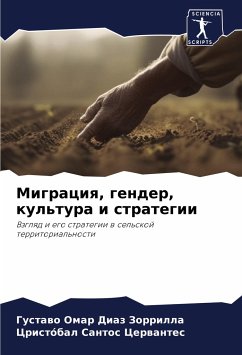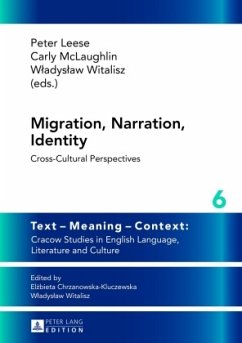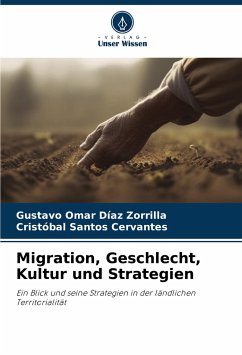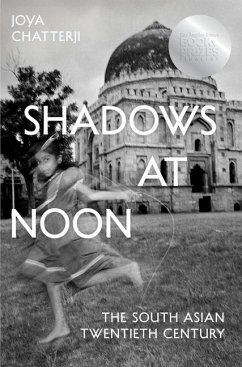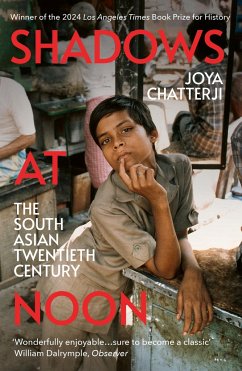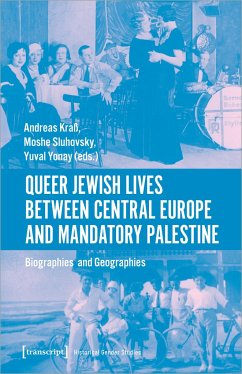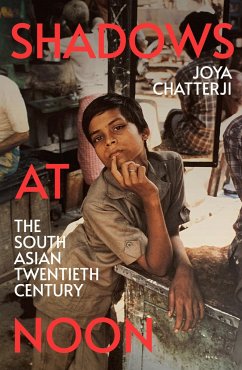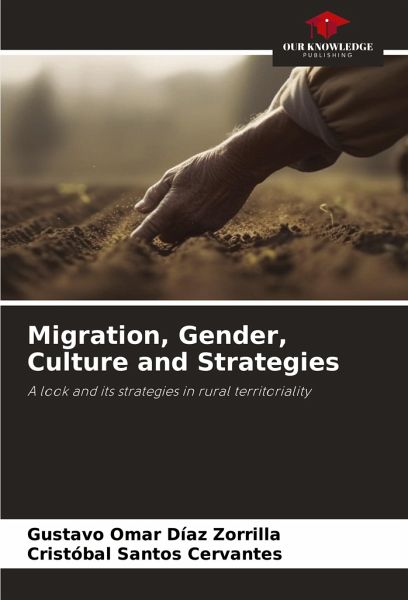
Migration, Gender, Culture and Strategies
A look and its strategies in rural territoriality
Versandkostenfrei!
Versandfertig in 6-10 Tagen
29,99 €
inkl. MwSt.

PAYBACK Punkte
15 °P sammeln!
This book addresses the complex relationship between migration, gender, culture and territory in the Mexican rural context. It highlights the importance of migration as a phenomenon that not only physically transforms territories, but also impacts the culture and identity of the receiving communities.It highlights the role of transnational communities in strengthening solidarity among migrants and their ability to cover significant expenses for families both in Mexico and the United States.In addition, it analyzes how migration can generate both positive impacts, such as the strengthening of c...
This book addresses the complex relationship between migration, gender, culture and territory in the Mexican rural context. It highlights the importance of migration as a phenomenon that not only physically transforms territories, but also impacts the culture and identity of the receiving communities.It highlights the role of transnational communities in strengthening solidarity among migrants and their ability to cover significant expenses for families both in Mexico and the United States.In addition, it analyzes how migration can generate both positive impacts, such as the strengthening of citizenship rights and community solidarity, and negative impacts, such as the reproduction of antisocial behaviors and the inhibition of the capacity to manage rural development due to entrenched patriarchal patterns.In terms of rural territoriality, the reconfiguration of territorial spaces as a result of migration and mechanization of the countryside is discussed; the importance of bioculture and cosmovision of rural actors to give relevance to the rural territory in a balanced and sustainable sense.





